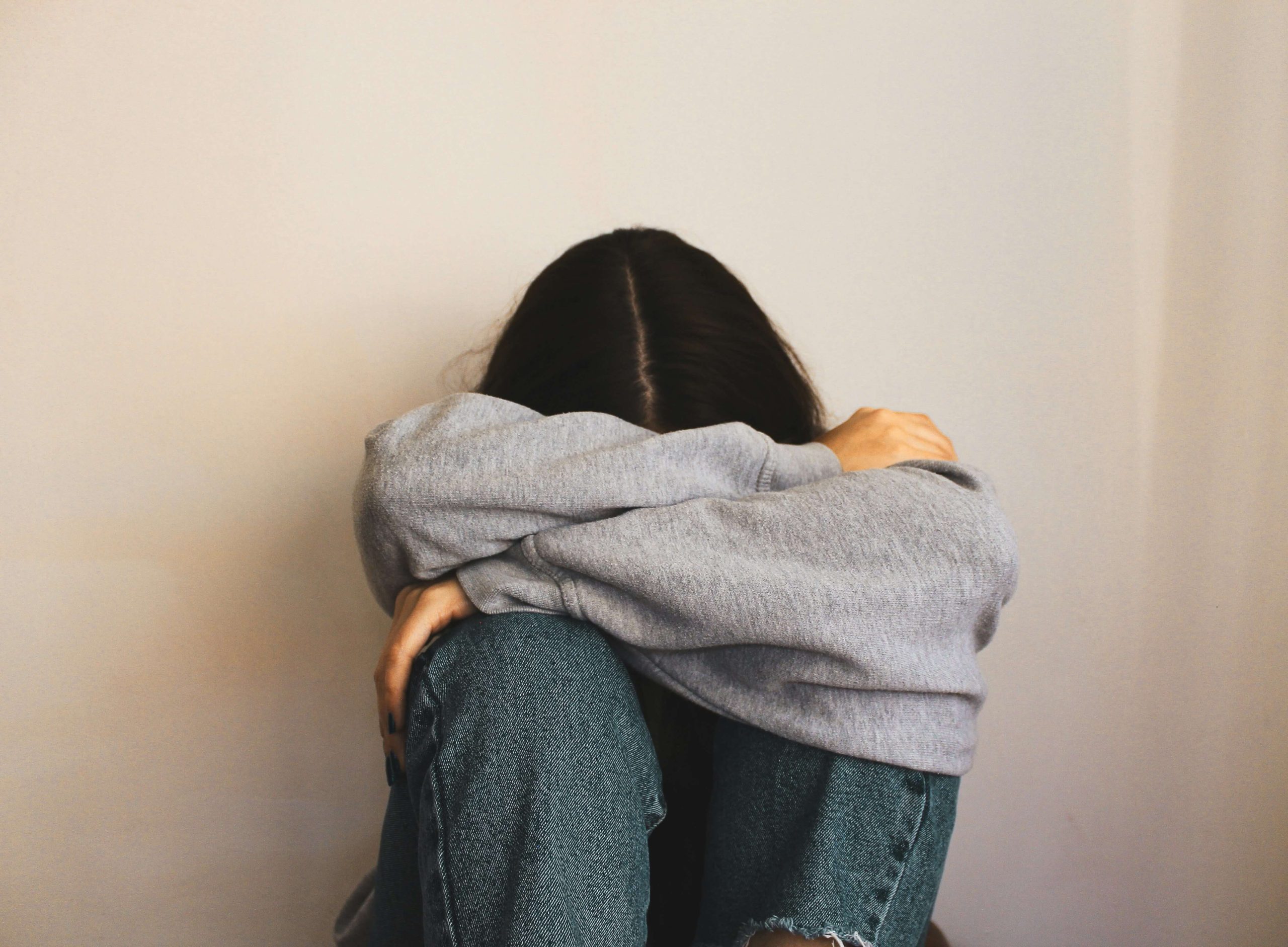
Social anxiety disorder, also known as social phobia, is a long-term condition ruled by a fear of social situations.
It is usually triggered during a person’s teenage years but can happen anytime.
Social anxiety can be extremely distressing and have a huge impact on a person’s life – sadly, for most, it does not go away without treatment.
In the first part of our two-blog series on Complex Phobias, we will look into what social anxiety is, the symptoms, causes, and how to treat it.
“As many as 1 in 10 adults have some degree of social anxiety disorder.”
But, what is social anxiety? It’s certainly more than shyness!
Social anxiety is a fear that doesn’t disappear and affects the day-to-day life of those suffering, this can include their self-confidence, relationships, work and school life.
Most people will worry about certain social situations but a person with social anxiety will feel panicked before, during and after.
A person suffering from social anxiety may also have other mental health conditions such as depression, anxiety or panic disorder.
Below are some of the key indicators of social anxiety:
There isn’t a known cause of social anxiety, but it’s thought to be a combination of the below factors.
As with disorders such as anxiety and depression, physical, biological and genetic factors play a role, issues with the neurotransmitters in a person’s brain may lead to an imbalance in hormones such as serotonin, dopamine and glutamate – they usually help regulate our moods.
It is also thought that environmental factors play a part but alongside biological and genetic factors.
The following are some of the environmental factors that may contribute to social anxiety disorder:
Living with a social phobia, such as social anxiety, can feel like the end of the world but there are several treatments available:
It wouldn’t be out of the ordinary for a person to need to try a combination of treatments – everyone is different!
According to the ADAA, “over a third of people with social anxiety don’t seek help until they have had symptoms for at least ten years.”
Without treatment, the symptoms will only get worse. The combination of therapy, medication and lifestyle changes can help a person vastly improve their quality of life.
Speak to your GP if you have any concerns or would like to explore your treatment options further.
Our teams support individuals with a range of mental health diagnoses, including anxiety disorders. We work with individuals to create a tailored support plan, and this can include managing anxiety.
Find out more about our support model.
We hope you enjoyed reading our article.
Connect with us on social media for service updates, articles, and more.
You can find us on Facebook, Twitter, LinkedIn, and Instagram.
Patient Info – Social Anxiety Disorder
Image by Carolina on Unsplash